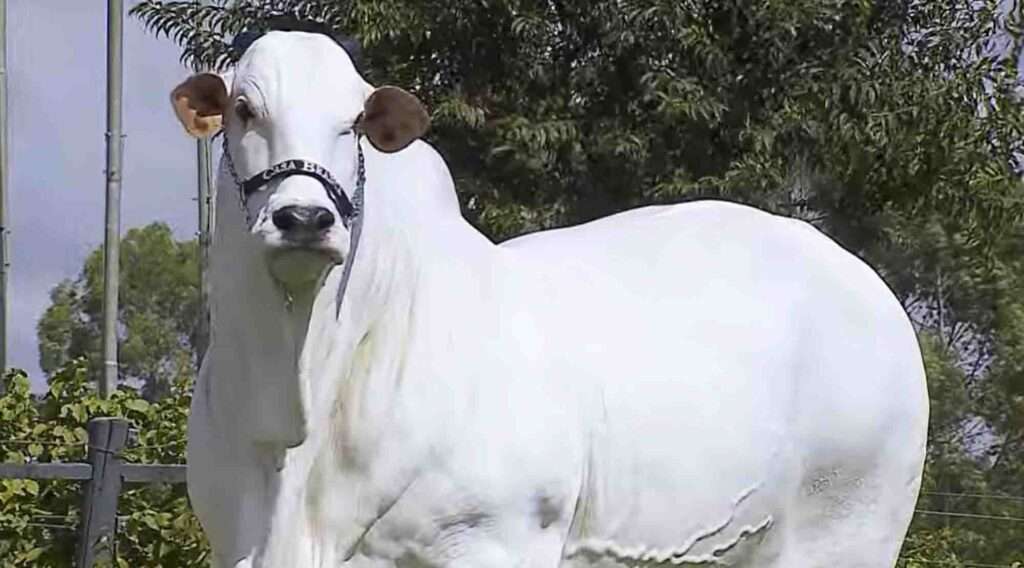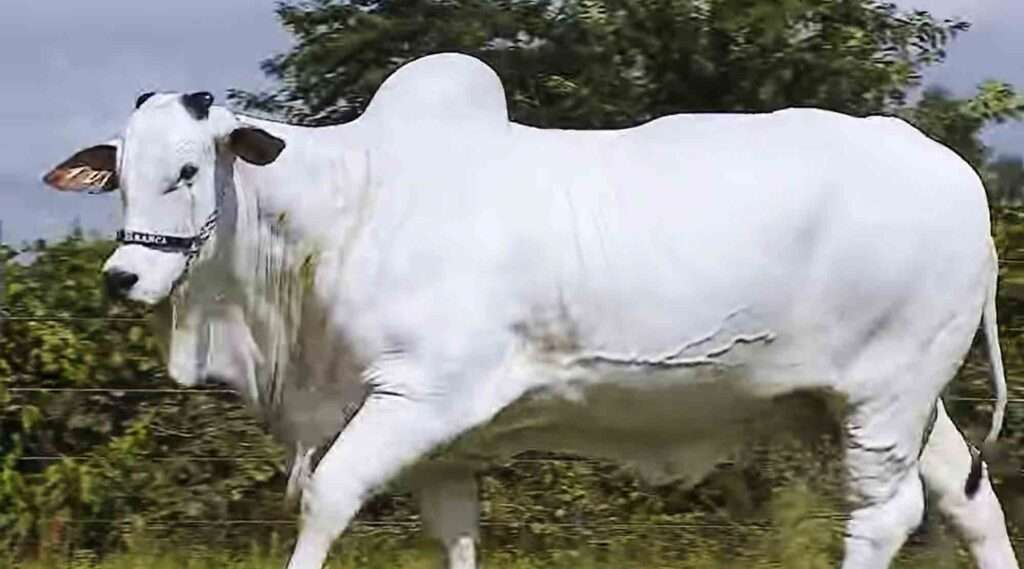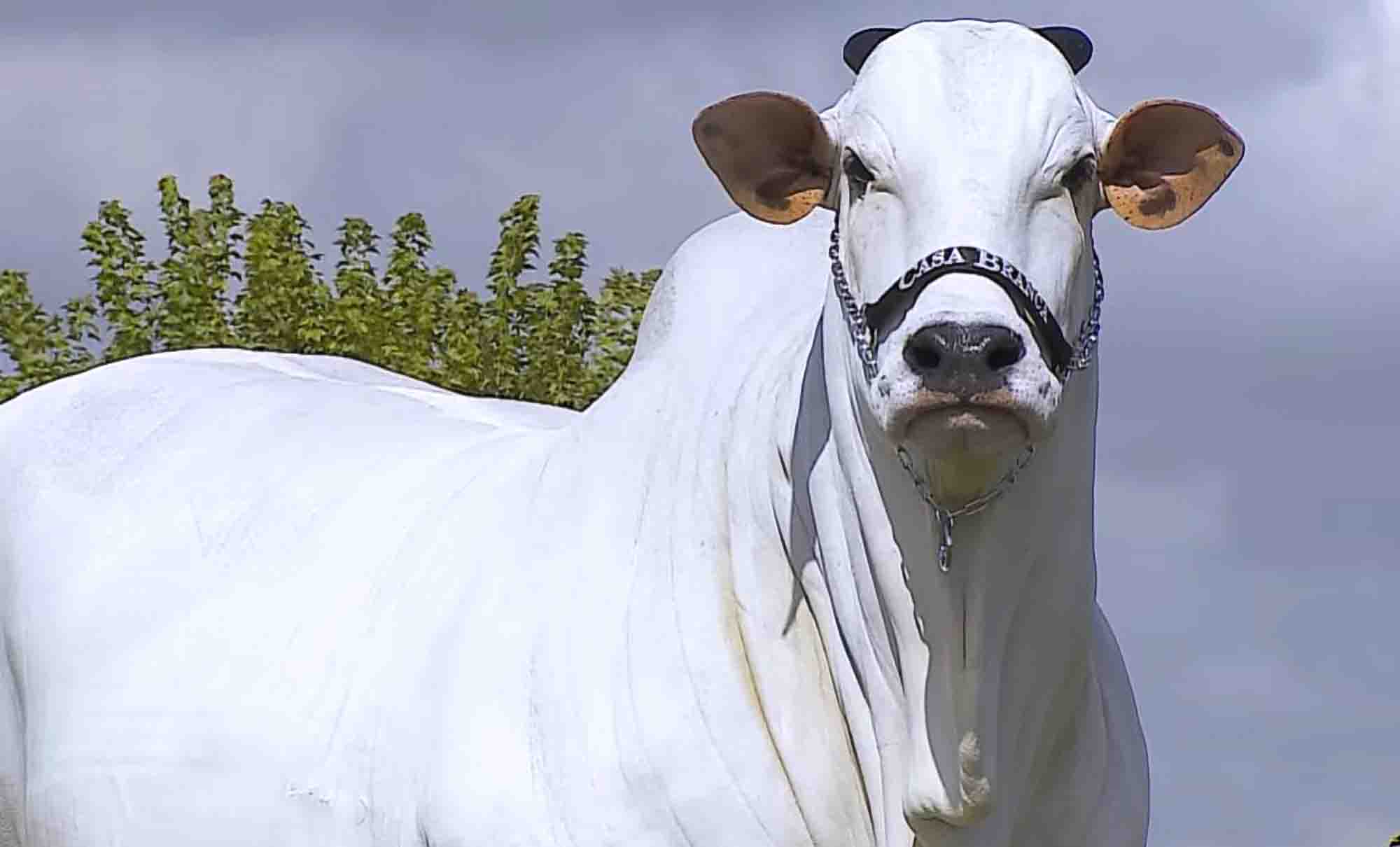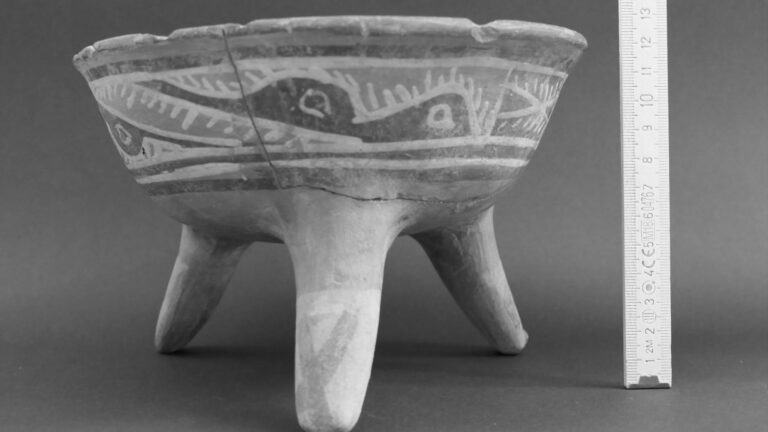A cow in Brazil has set a Guinness record as the most expensive female bovine in the world.
The cow, named Viatina-19, from the Nelore breed that was originally brought from India to Brazil, was born in the state of Goias and has made history, according to Brazilian media, after fetching a record sum at auction.
She sold for BRL 21 million (just over GBP 3 million), making it the world’s most expensive female bovine, with Brazilian media saying that it has now officially been recognised by Guinness World Records.
The evaluation and sale took place in July 2023 but the record has only been formally accepted by Guinness now.

Casa Branca Agropastoril and Nellore HRO purchased about one third of the animal for BRL 7 million (GBP 1 million), allowing the valuation for the whole cow to be recognised as a record breaker.
Fabiana Marques Borrelli, the head of Casa Branca Agropastoril, said: “This milestone is historic for us at Casa Branca Agropastoril and the partners who invested in the Viatina-19 property. It symbolises the superior quality standard we seek.
“Its appreciation and recognition in the Guinness Book are indisputable proof that investment in genetic excellence provides a return – whether in differentiated products, in financial return and in image.”
She added: “With this milestone and global recognition, Viatina-19 not only raises the prestige of Brazilian livestock, but also solidifies its place as an icon of world-class Casa Branca genetics.”
According to veterinarian Joao Carneiro, a specialist in bovine reproduction, the cow comes from a very valuable lineage.

He added that there are significant investments being made in biotechnology and genetic reproduction to ensure that these images can carry on and produce more offspring.
The species is reportedly full of promise, not only because of the quality of the meat but also because they have less of an impact on the environment and could help decrease the carbon footprint caused by cattle ranching.
To find out more about the author, editor or agency that supplied this story – please click below.
Story By: Joseph Golder, Sub-Editor: Joseph Golder, Agency: Newsflash
The Ananova page is created by and dedicated to professional, independent freelance journalists. It is a place for us to showcase our work. When our news is sold to our media partners, we will include the link here.




